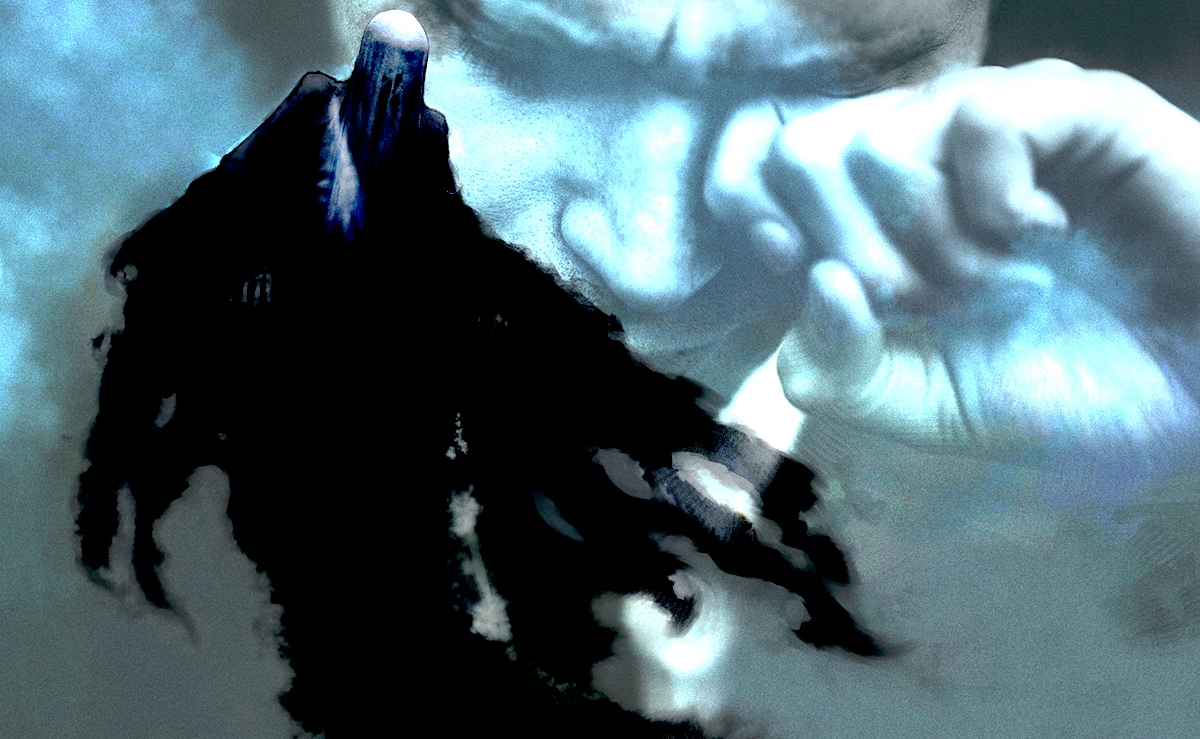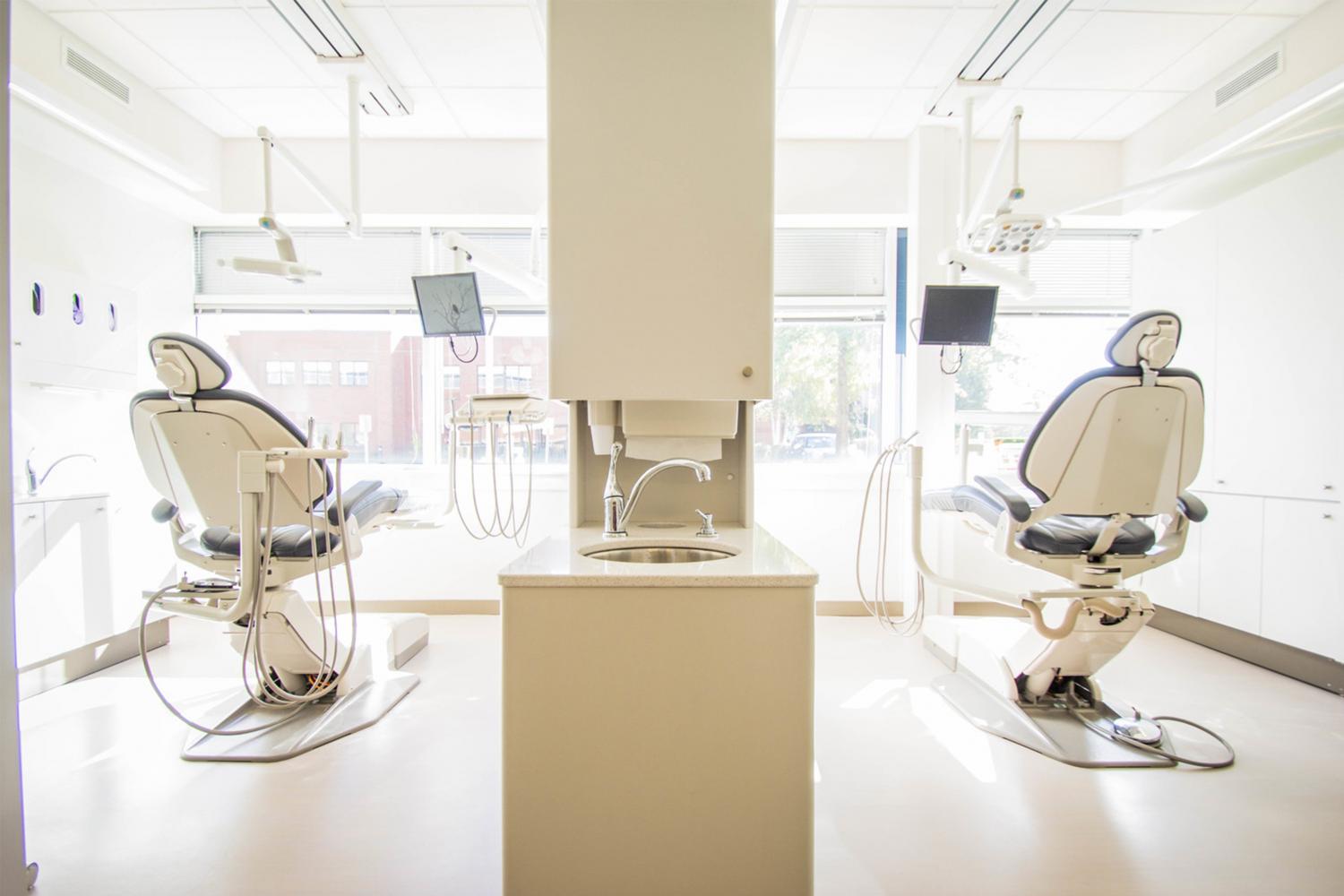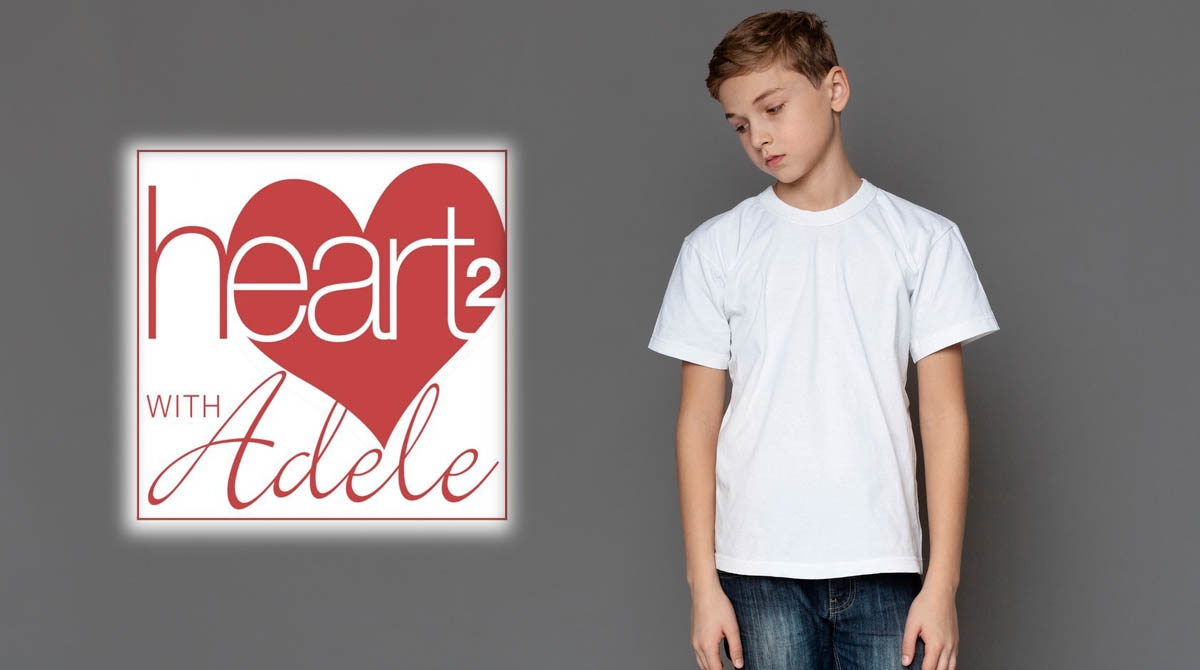
Anxiety is the real Dementor
Remember in Harry Potter, those creatures called the Dementors that sucked the happiness out of people everywhere they went? They remind me of anxiety, that dreadful feeling of doom, cold sweat, raised hard rate, nausea and shallow and rapid breathing, are all symptoms of anxiety.
Most people have felt anxious at one point in their lives, some feel it every day. It can feel so frightening, making a person feel helpless and unable to function properly. The sensations of anxiety felt by sufferers are absolutely overwhelming and a person may feel as if a real threat was really occurring.
Anxiety is the number one complaint among those who undergo treatment in my clinic and as a trauma-informed psychotherapist, I am aware of the high level of impact it can have on individual's lives.
According to the Diagnostic and Statistical Manual of Mental Disorder (DSM-5), anxiety is different than fear; fear is the emotional response to real or imminent threat, where anxiety is the excessive worry in anticipation of future threats.
Anxiety evokes a series of events in the nervous system, including the activation of the autonomic nervous system (ANS) which has a direct part in physical response to stress, in division into the sympathetic nervous system (SNS), and the parasympathetic nervous system (PNS). When the body is stressed, the SNS contributes to what is known as the "fight or flight" response. The body responds as in if fighting off a life threat or fleeing from an enemy. The SNS signals the adrenal glands to release hormones, adrenalin (epinephrine) and cortisol that cause the heart to beat faster, increased respiration, dilation of blood vessels in the arms and legs (to facilitate flight, if needed), and modifications to the digestive system to deal with the perceived emergency. In a nutshell, even if the threat that causes you anxiety is not real, it is very real to your brain and your body.
The thing is, our bodies were not meant to spend long periods of time in this state of fight or flight, but only in case of acute danger, such as an animal attaching us, and when the state of anxiety is ongoing and the brain and body spend extended lengths of time in the emergency status, the immune system and our health start to deteriorate.
Research shows that chronic anxiety and stress can have many adverse effects on an individual, including negative effects on cardiovascular health, memory and learning, and psychological health.
There are things we can do to help reduce anxiety and manage its effects. Here are some of the steps you can take:
1) Treat the issue not just the symptom: the most important step is to get to the root of the issue, talk your therapist, deal with your past trauma and learn ways to cope with them in a healthy and effective way.
2) Get to know your body: Know when it’s coming, what your thoughts are and ground yourself. Oftentimes, anxiety is a result of either lamenting the events of the past or worrying about what will happen in the future. Mindfulness is a powerful way to bring yourself back to the present moment and get back from the fight or flight state.
3) Schedule a time to worry: We all have things that we worry about, it’s called life! Weather it is a pandemic, your child’s issues or work worries, we may worry. allow yourself to worry once a day and then visualize yourself putting the worries in a box and away until the same time tomorrow. Thank your mind for carrying you through this journey and be patient with the process.
4) Treat your body right: Exercise at least one hour a day, create a regular sleep routine and reduce stimulants such as cannabis and alcohol.
And most importantly, be patient with yourself. It has taken you years of anxiety to get to today, and the progress towards peace and contentment can take time. The best way to do it: once day at a time, one step at a time.
Zahra Nafar is a Registered Psychotherapist (Qualifying) in private practice who provides treatment of anxiety, depression, PTSD and trauma for individuals, couples and families. She is the director of YourTherapist Psychotherapy and Counselling in Ottawa.









